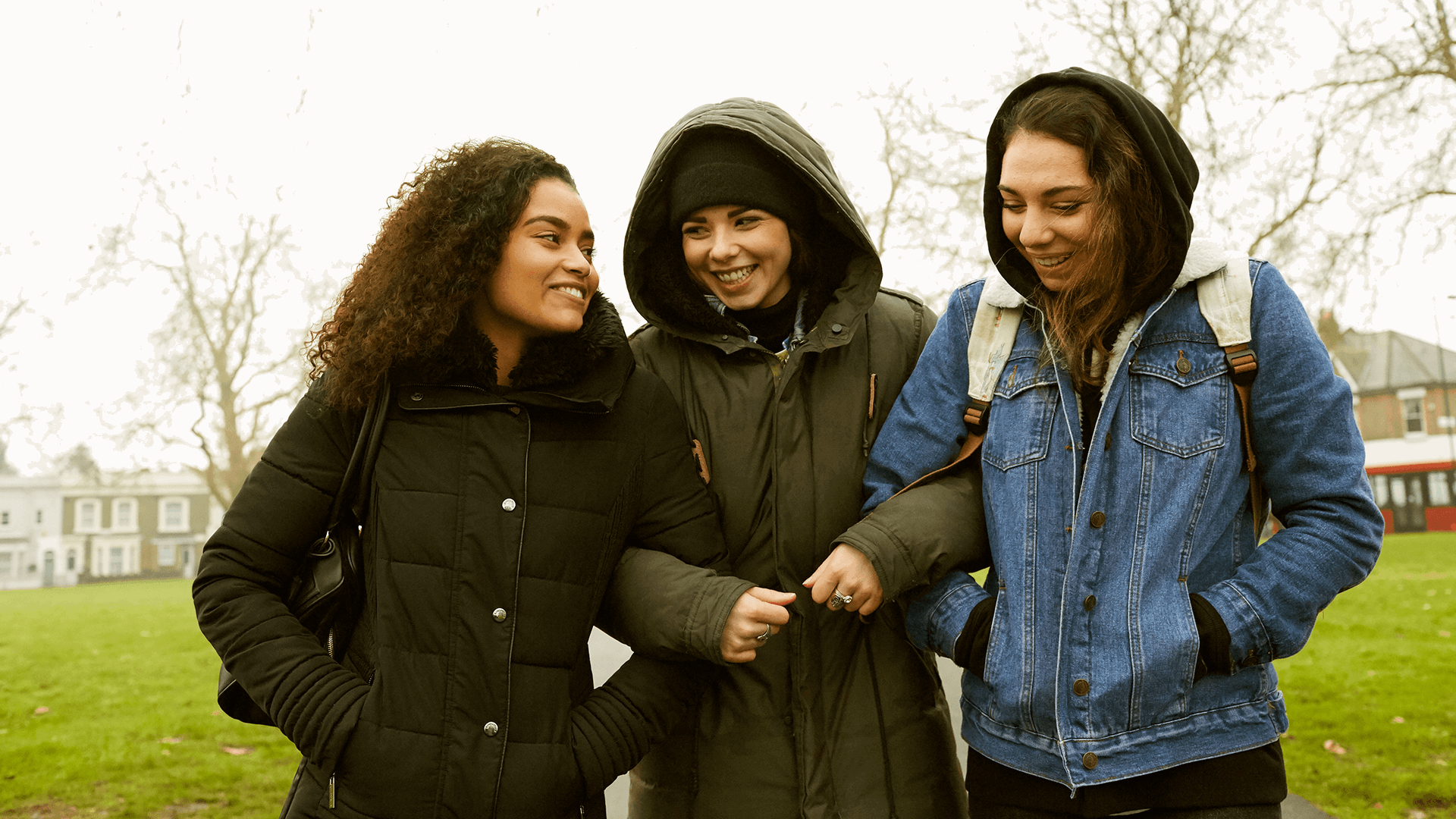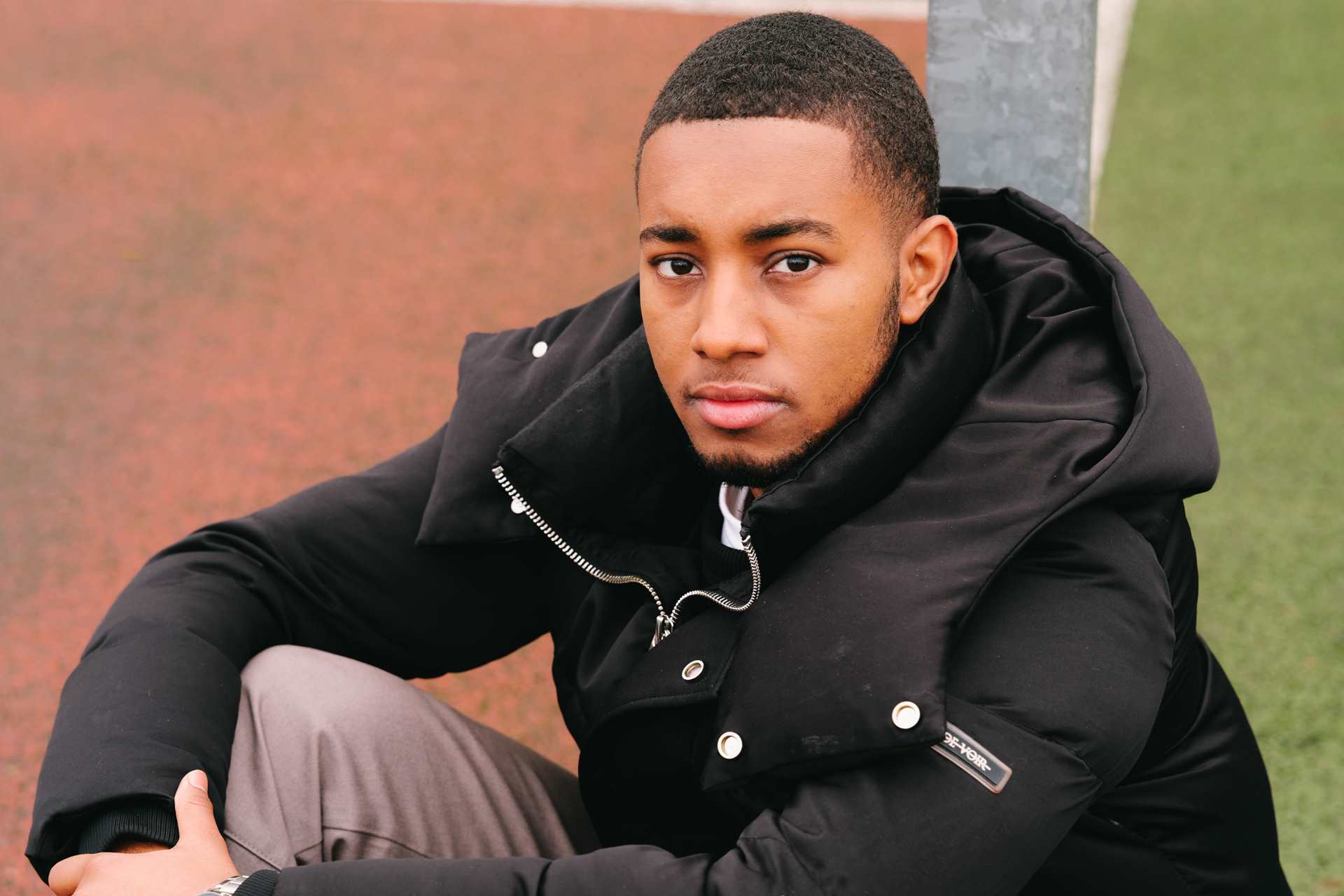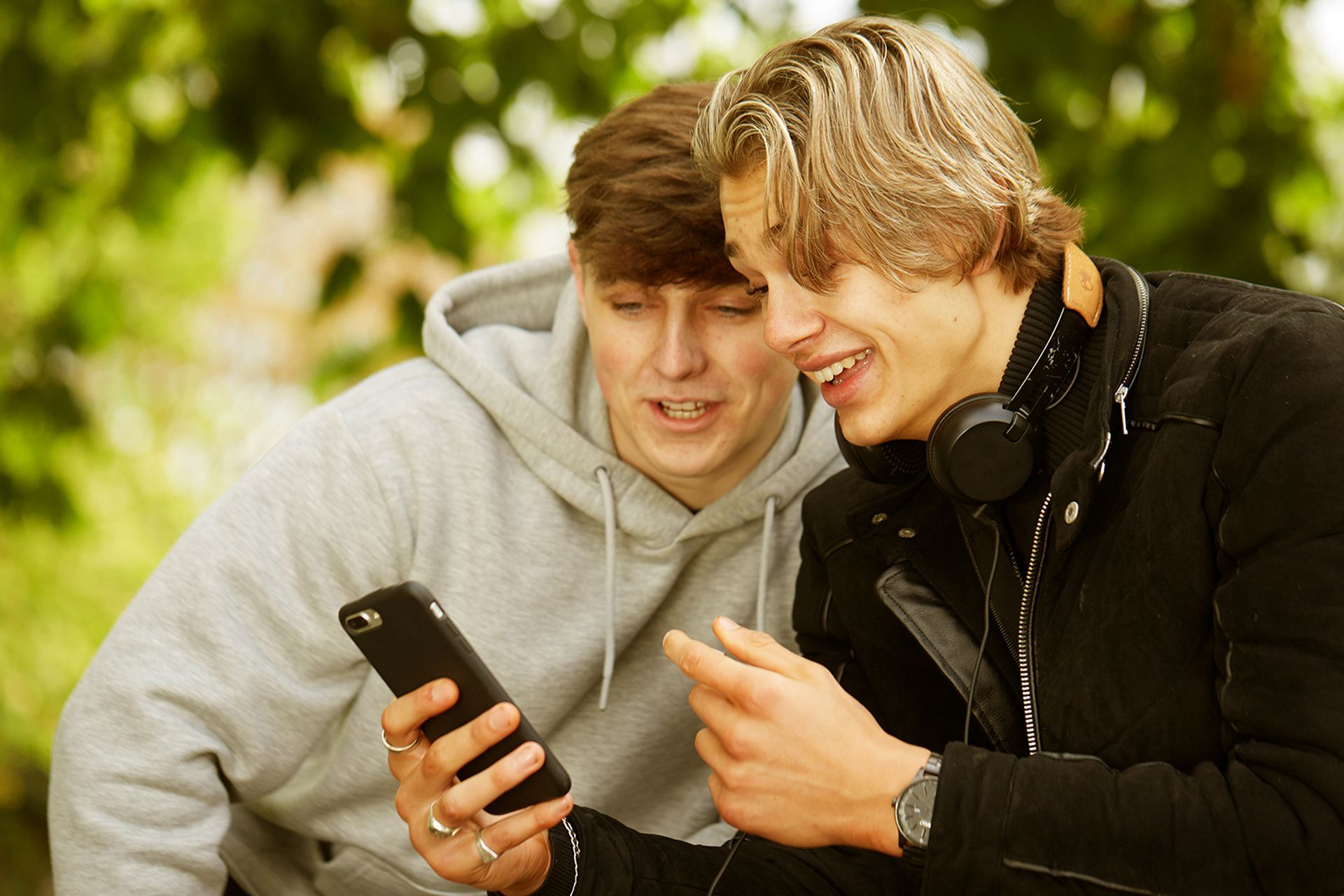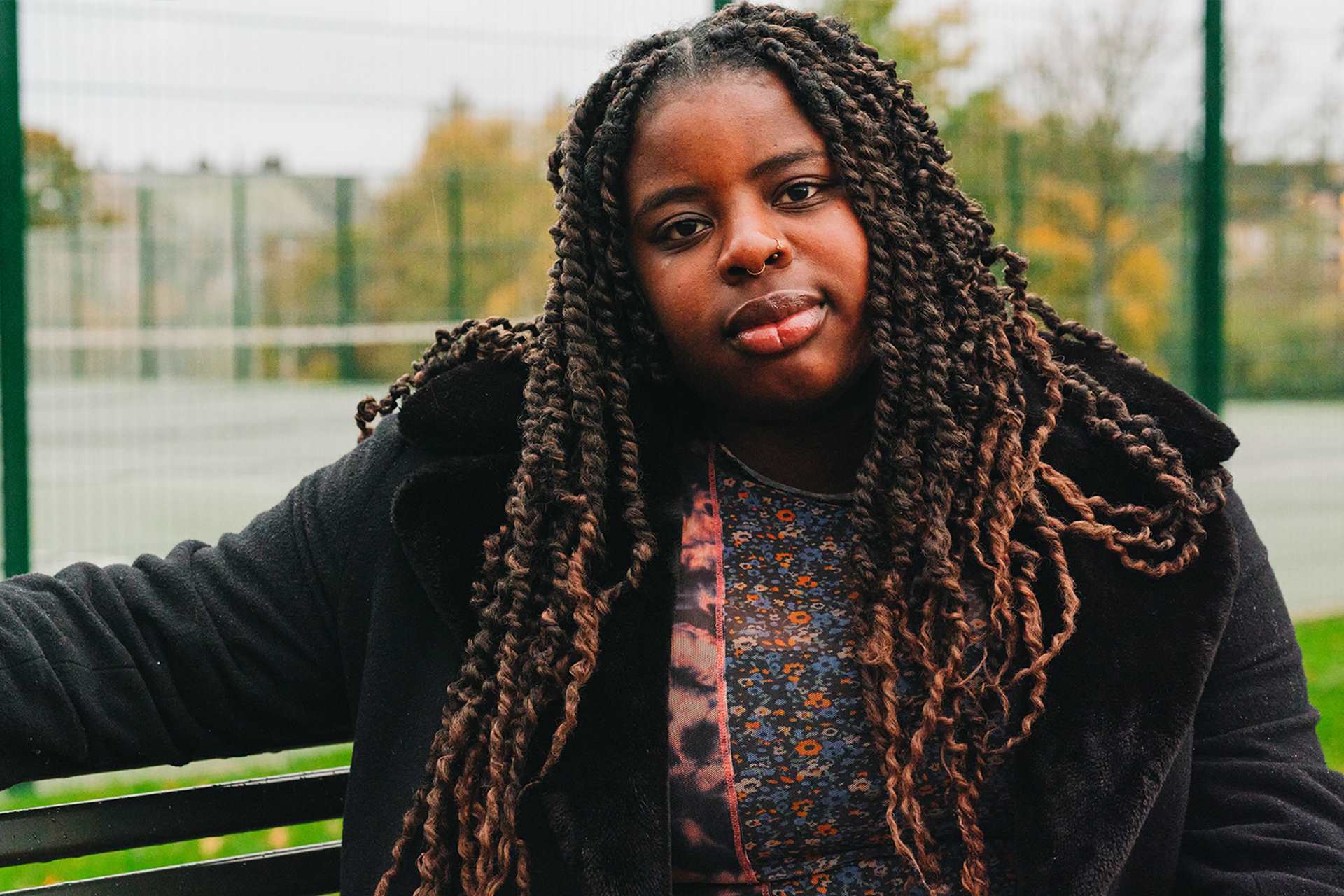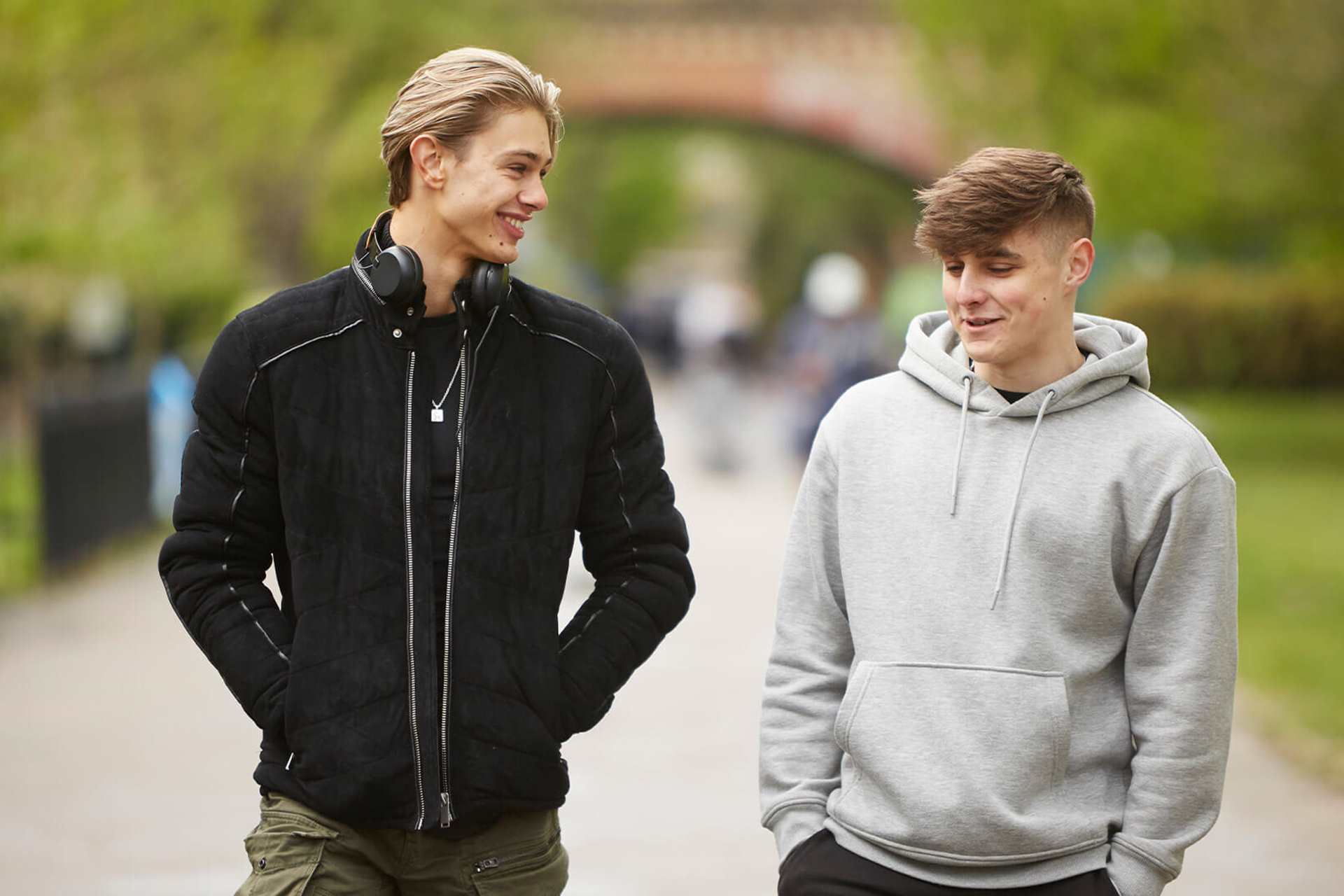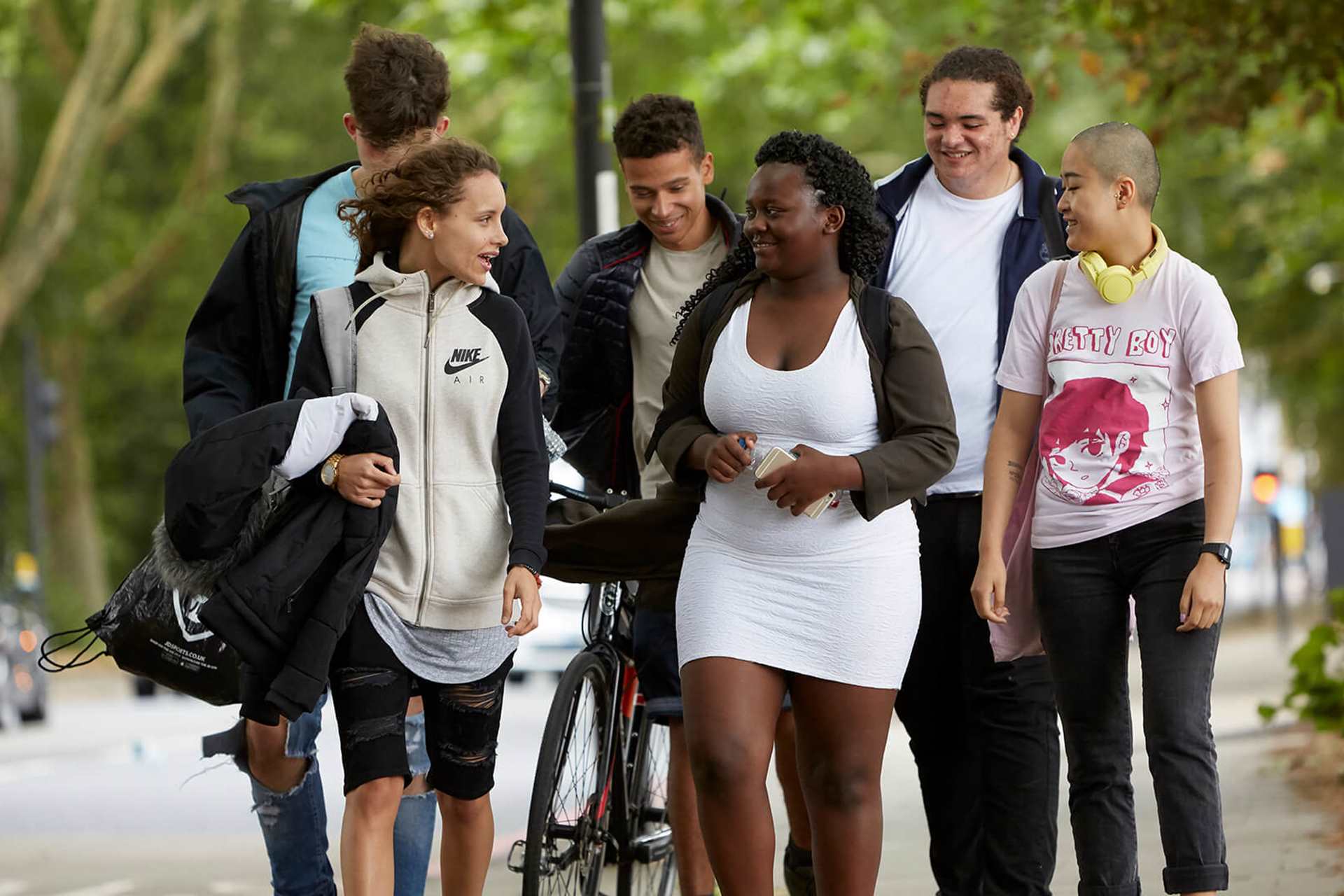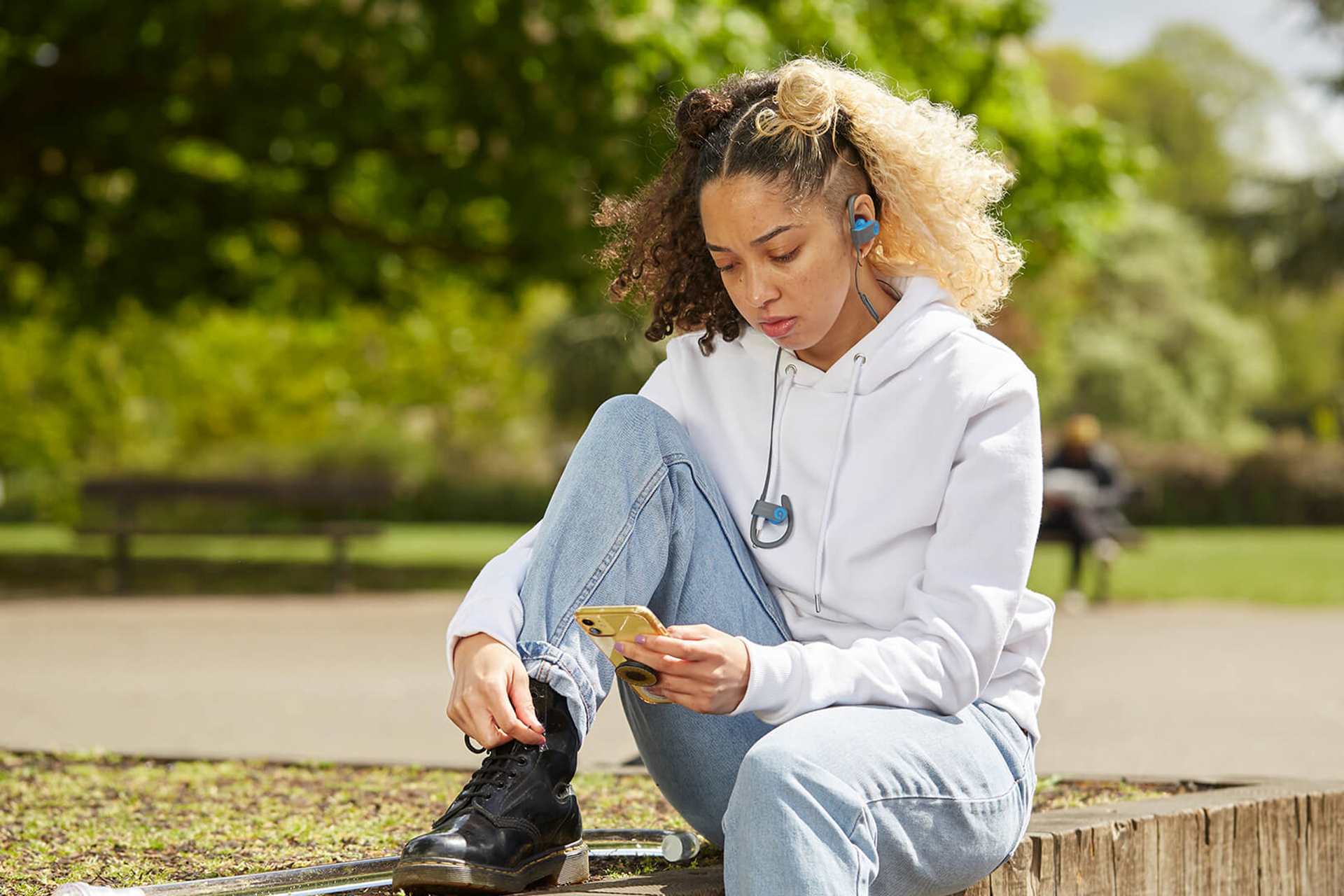Topics mentioned: body dysmorphic disorder, body image, social media and mental health
About: What we see in the media can often lead to an idealised perception of beauty. For one of our bloggers, this meant they struggled to accept their own body image and believe in their self-worth. Here they tell their story of body dysmorphic disorder and how they found support.
It's crucial to know that trying to keep up with these standards is incredibly toxic as beauty is always subjective.
What is body dysmorphic disorder?
Body dysmorphic disorder (BDD) is a mental health condition, which impacts the lives of millions across the globe. Characterised by the constant worry over your appearance, it led to damaging consequences for my mental health. This obsession manifests into various aspects of life including personal relationships, work and overall health. If this resonates, you're not alone as it is estimated 1-2 in every 100 people experience BDD.
How did it affect me?
BDD doesn’t discriminate in age. This battle started when I was just 10 years old, engaging in social media, watching movies, performers and singers. Through air-brushed and selective representation within the media, the portrayal of such idealised beauty standards created a narrow and unattainable definition of beauty. It's crucial to know that trying to keep up with these standards is incredibly toxic as beauty is always subjective.
But as a young impressionable girl, I never thought to question why the media praises such rigid standards - instead, I questioned my own self-worth. Why are my arms so big? Why is my nose not button-sized? Why don't my thighs have a gap? What is the point of me? But now I know that my body and how I look is never the problem and does not determine my self-worth.
While I watched others relish in their youth, mine was consumed by the fear of my own body. Mirrors truly became my worst enemy. I either spent hours finding flaws or avoided mirrors completely. I was a prisoner in my own skin. I didn’t just feel uncomfortable, I felt disgusted in myself. My biggest fear was being seen by others. I said no to friends wanting to hang-out, I said no to buying new clothes and most importantly, I said no to happiness.
What made a difference?
By controlling how much I was exposed to idealised standards, I learnt to finally breathe. Rather than cutting out social media completely, I strategically curated my exposure to things that would only foster self-worth and peace. Media that would make me laugh, rest and inspire me to fulfil my dreams.
Having people there to simply love me for my mind and soul made a huge difference. It took a lot of time and courage to be able to see and accept what others saw in myself.
Through engaging in creative hobbies like scrapbooking and journalling, I found solace. Doing things that are almost “off-script” to daily life is truly where we find ourselves. It gave me a sense of purpose, beyond looks.
CBT (Cognitive Behavioural Therapy) is something I tried when I was very young and unwilling to take on the treatment. So, I tried again. This time was different. CBT helped me identify my triggers and challenge my harmful thoughts by replacing them with healthier, kinder beliefs. This became the foundation of my recovery journey.
Final thoughts
The raw truth is that insecurities still creep out from time to time. But I now nurture them with love like an old friend. I’ve learnt to accept perceived ‘flaws’ and give myself a chance to live. By saying yes to more opportunities and by wearing those clothes that before I’d always saved until I was ‘skinny enough’, I became my own best friend.
Our bodies are a beautifully complex fortress, designed to nurture and sustain life. There's nothing else that can protect us the way our skin does on a daily basis. Your body is to be lived in, not ripped apart. Once you start this journey of self-love, it becomes impossible to abandon.
The raw truth is that insecurities still creep out from time to time. But I now nurture them with love like an old friend. I’ve learnt to accept perceived ‘flaws’ and give myself a chance to live.
More information and advice
We have tips and advice to help you find the support you need. Take a look at our guides.
Where to get help
However you're feeling, there are people who can help you if you are struggling. Here are some services that can support you.
-
Childline
If you’re under 19 you can confidentially call, chat online or email about any problem big or small.
Sign up for a free Childline locker (real name or email address not needed) to use their free 1-2-1 counsellor chat and email support service.
Can provide a BSL interpreter if you are deaf or hearing-impaired.
Hosts online message boards where you can share your experiences, have fun and get support from other young people in similar situations.
- Opening times:
- 24/7
-
Beat
Offers information and support for anybody affected by eating disorders.
One-to-one web chat available. They also run a range of online support groups, which are all fully moderated and anonymous.
Enter your postcode in the HelpFinder to see what eating disorder support is available in your area.
View their information on helpline accessibility and confidentiality.
- Opening times:
- 365 days a year - weekdays (9am - 8pm); weekends (4pm - 8pm)
